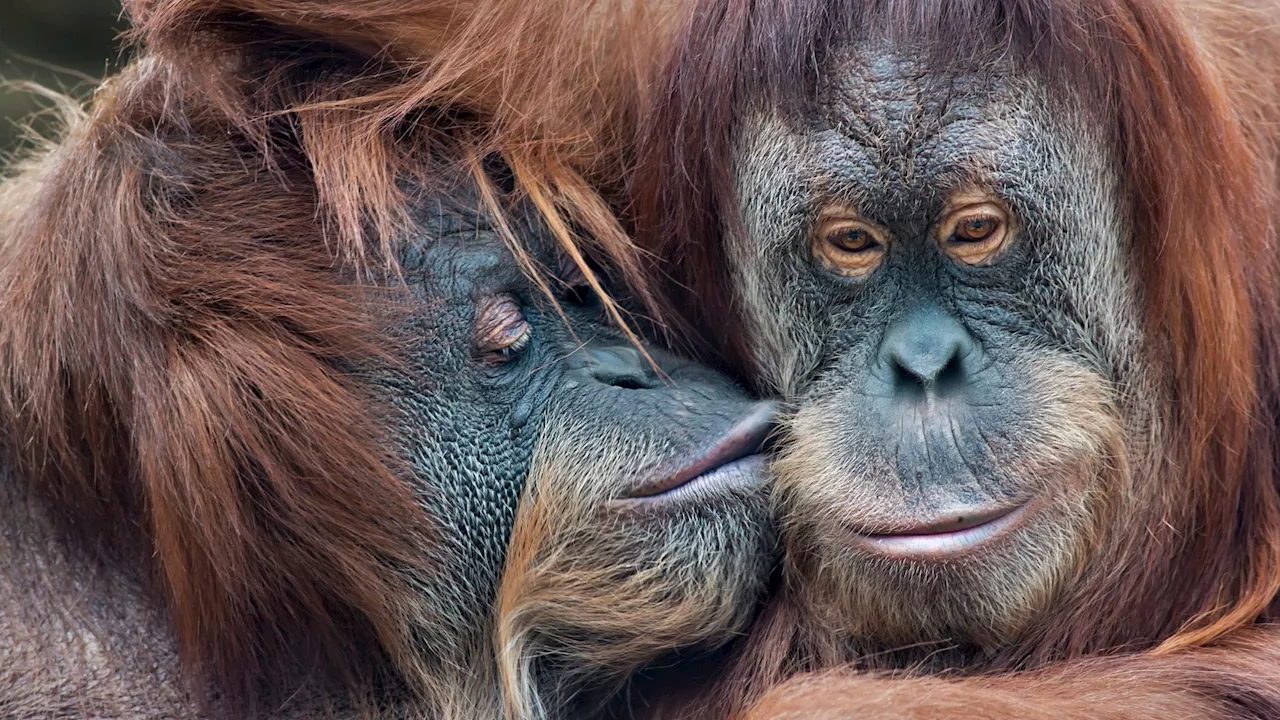According to a new study by the University of Warwick, kissing may have evolved from grooming behaviors practiced by ancient great apes.
Few animals truly kiss like humans do. Chimpanzees and bonobos are the only exceptions, highlighting the unique nature of this human behavior. Kissing is one of the few natural human gestures that carries significant symbolism and social expectations. For over 4,500 years, cultural norms across civilizations have shaped how affection can be expressed, dictating who may kiss, where, when, in what manner, and even how often this happens.
Adriano R. Lameira from the University of Warwick’s Department of Psychology led a thorough review of current theories to investigate the evolutionary origins of this intimate behavior, highlighting grooming as a key method for building and maintaining social bonds within great ape groups.. As humans evolved and body hair reduced, the need for intensive grooming decreased, leading to much shorter grooming sessions.
For instance, capuchin monkeys express affection by placing their fingers in the eyes and nostrils of their close companions.
Grooming Behaviour Health Humans Kissing University Of Warwick
United States Latest News, United States Headlines
Similar News:You can also read news stories similar to this one that we have collected from other news sources.
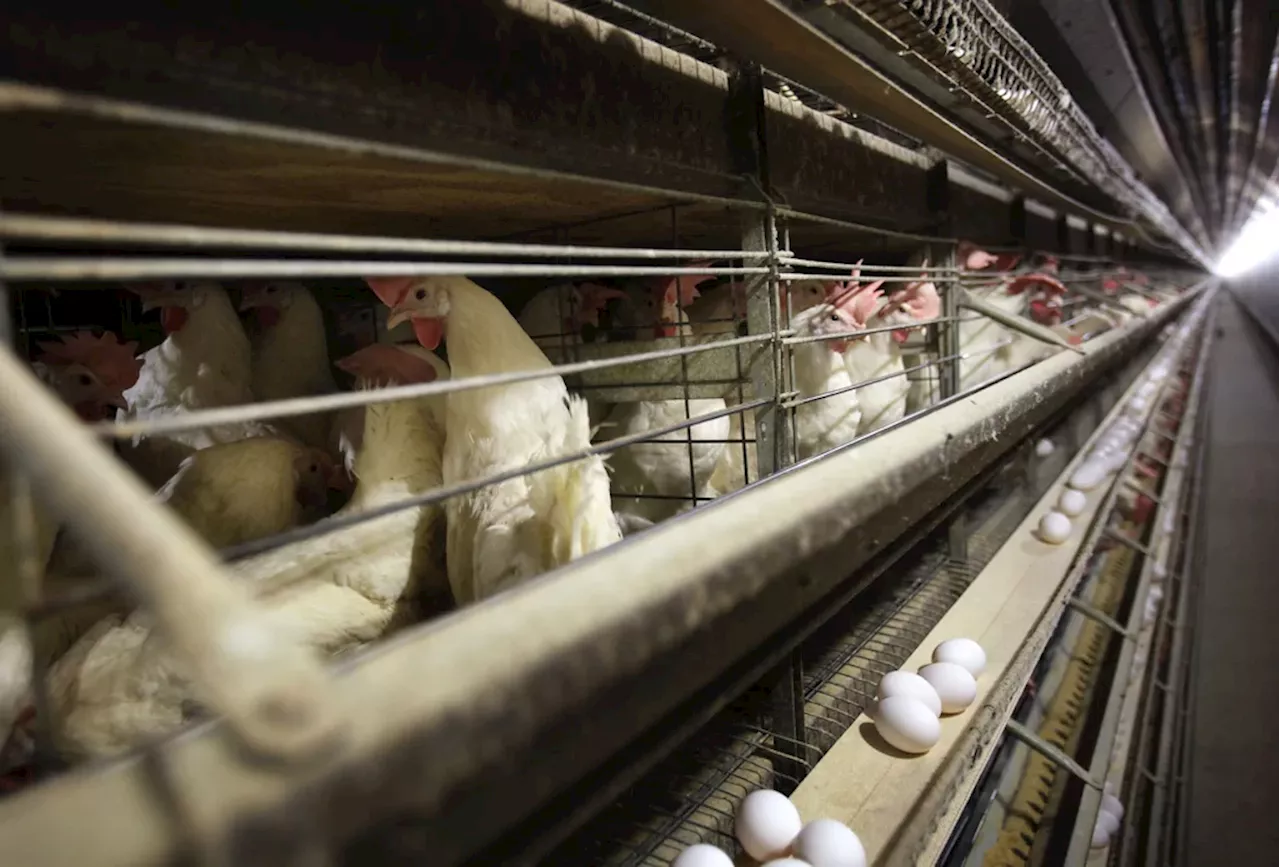 Human-to-human spread of bird flu in Missouri: What to knowPolitical News and Conservative Analysis About Congress, the President, and the Federal Government
Human-to-human spread of bird flu in Missouri: What to knowPolitical News and Conservative Analysis About Congress, the President, and the Federal Government
Read more »
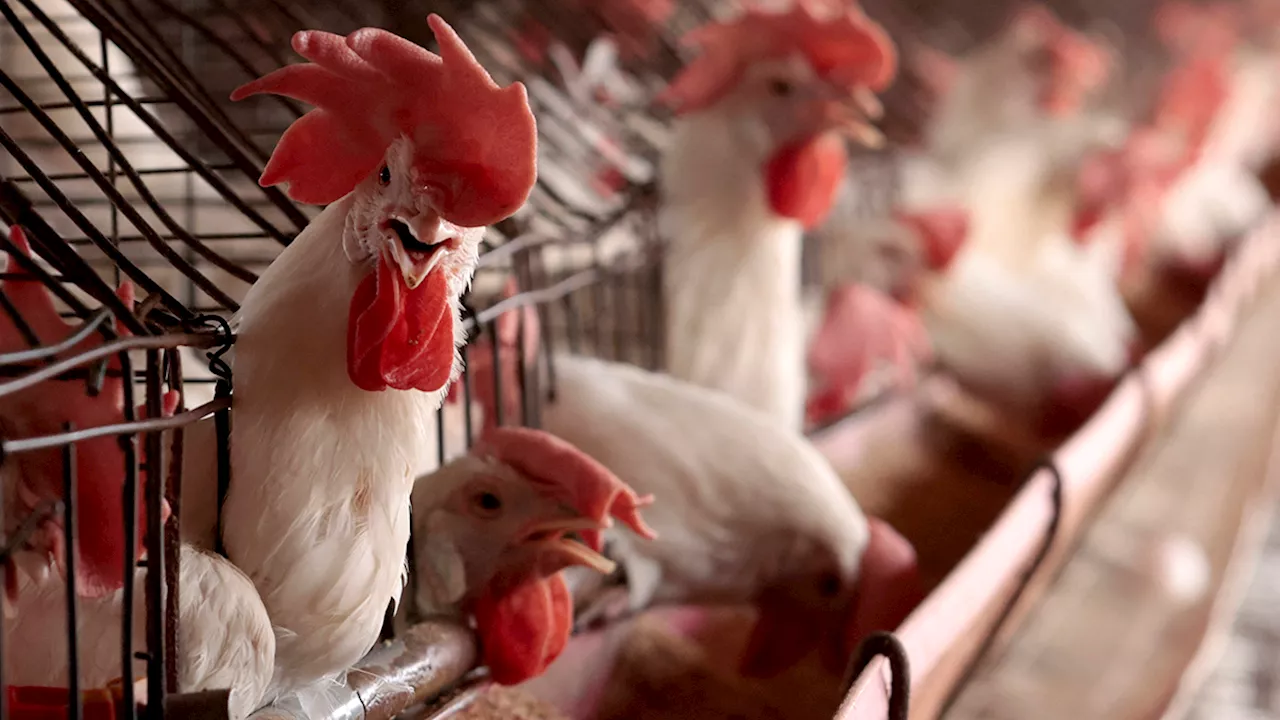 Bird Flu Patient's Hospital Exposure Raises Concerns Over Human-to-Human TransmissionAfter a hospitalized patient tested positive for the bird flu virus (H5N1), 112 healthcare workers were potentially exposed. Six workers developed respiratory symptoms, raising concerns about human-to-human transmission. Antibody blood tests are expected later this month to determine if the virus spread between people.
Bird Flu Patient's Hospital Exposure Raises Concerns Over Human-to-Human TransmissionAfter a hospitalized patient tested positive for the bird flu virus (H5N1), 112 healthcare workers were potentially exposed. Six workers developed respiratory symptoms, raising concerns about human-to-human transmission. Antibody blood tests are expected later this month to determine if the virus spread between people.
Read more »
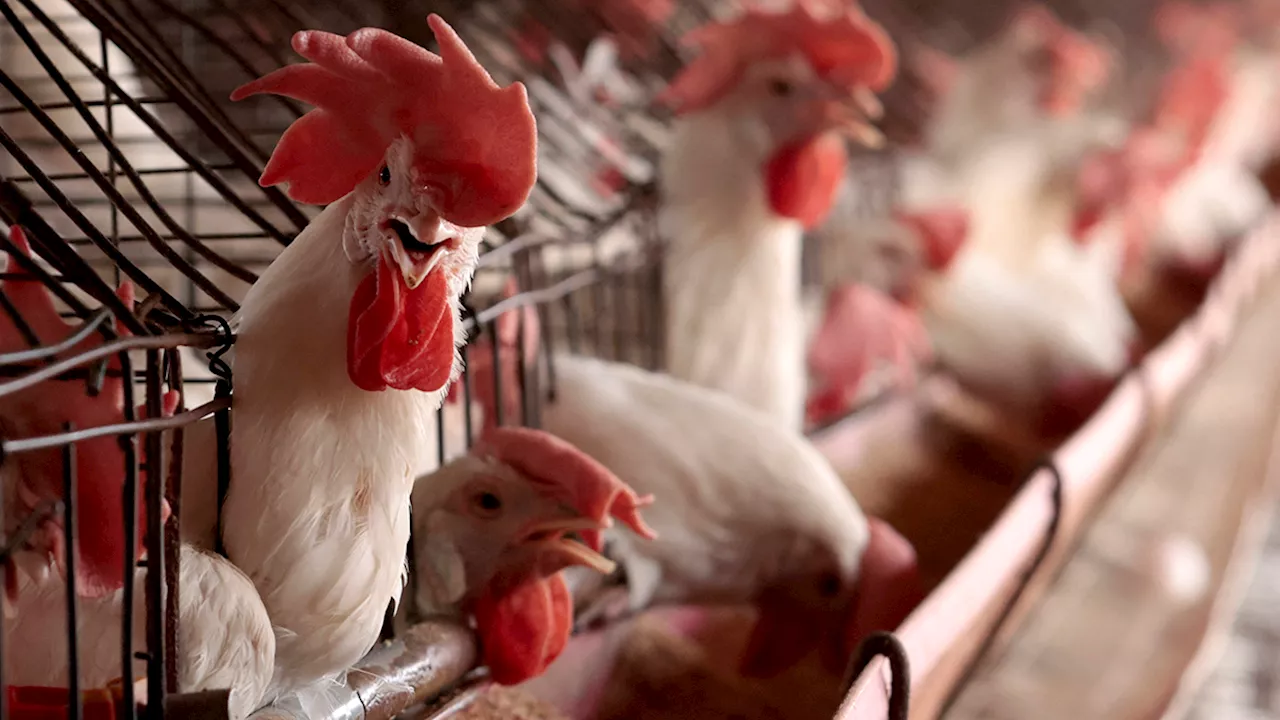 Bird Flu Antibody Tests To Reveal Potential Human-to-Human TransmissionThe Centers for Disease Control and Prevention (CDC) is awaiting antibody blood test results later this month to determine if there has been human-to-human transmission of the bird flu. Six healthcare workers developed respiratory symptoms after interacting with a patient who tested positive for both influenza and the H5 avian influenza virus.
Bird Flu Antibody Tests To Reveal Potential Human-to-Human TransmissionThe Centers for Disease Control and Prevention (CDC) is awaiting antibody blood test results later this month to determine if there has been human-to-human transmission of the bird flu. Six healthcare workers developed respiratory symptoms after interacting with a patient who tested positive for both influenza and the H5 avian influenza virus.
Read more »
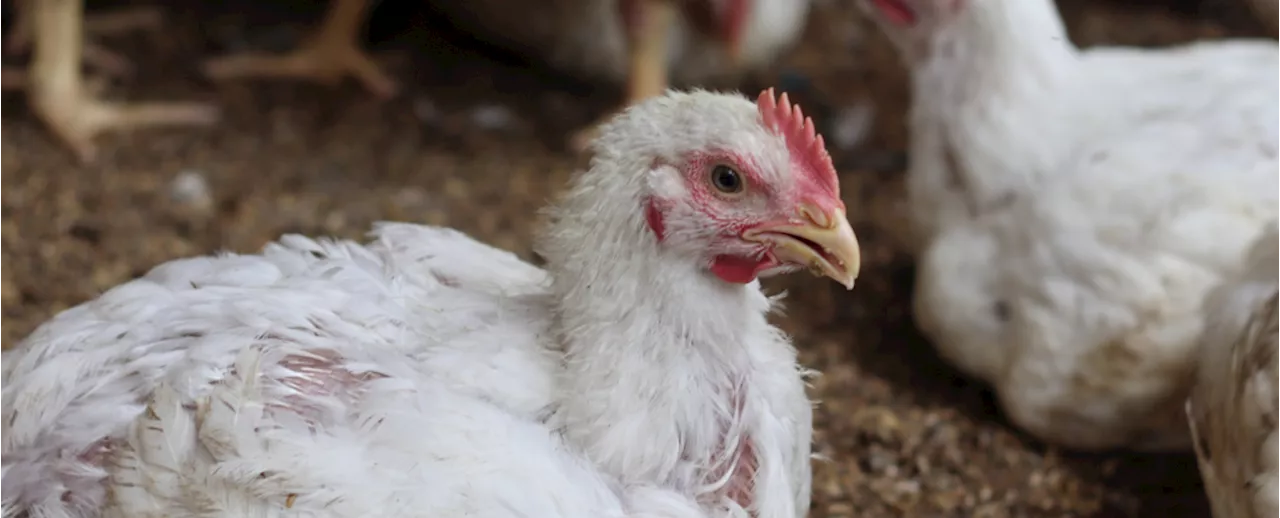 Mystery Bird Flu Case Raises Concerns of Human-to-Human SpreadThe Best in Science News and Amazing Breakthroughs
Mystery Bird Flu Case Raises Concerns of Human-to-Human SpreadThe Best in Science News and Amazing Breakthroughs
Read more »
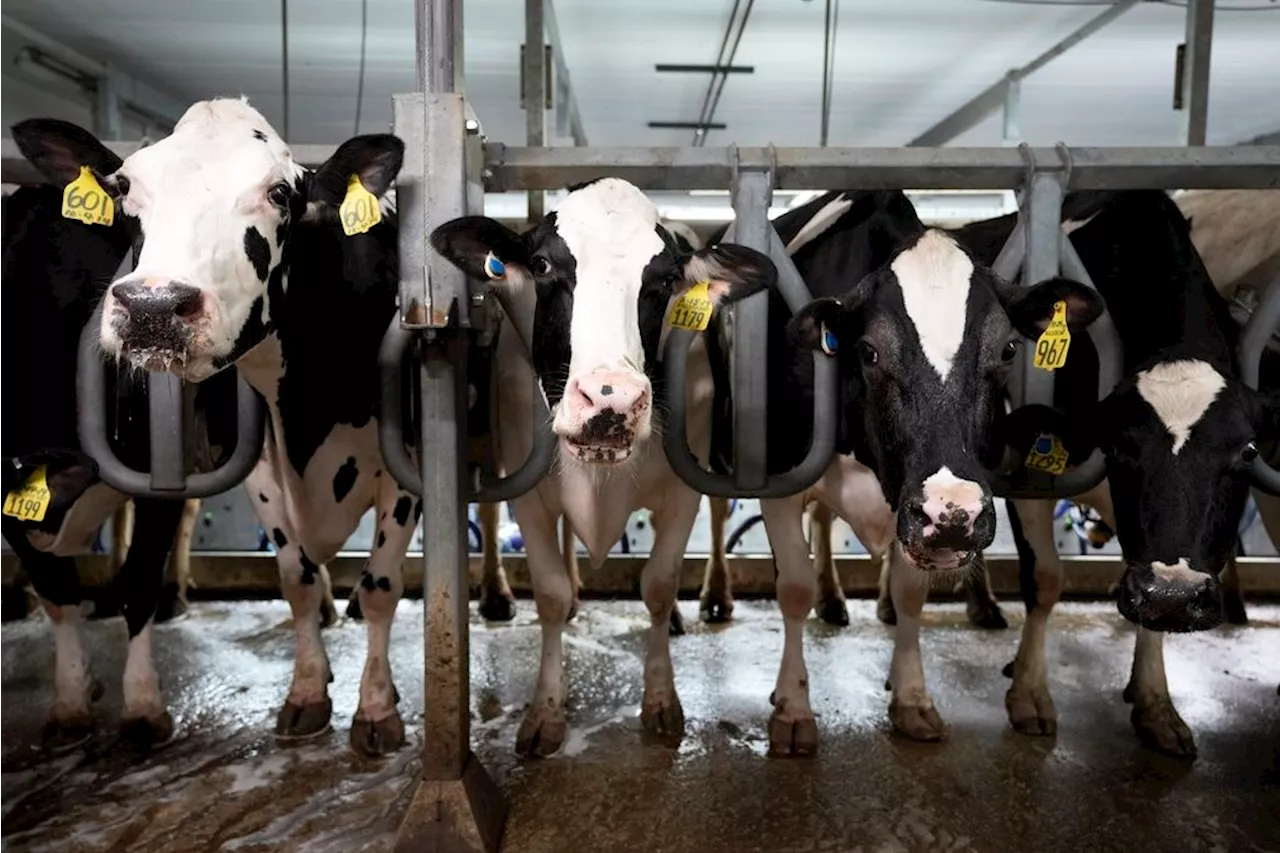 No human-to-human transmission of bird flu in mysterious Missouri situation: CDCPolitical News and Conservative Analysis About Congress, the President, and the Federal Government
No human-to-human transmission of bird flu in mysterious Missouri situation: CDCPolitical News and Conservative Analysis About Congress, the President, and the Federal Government
Read more »
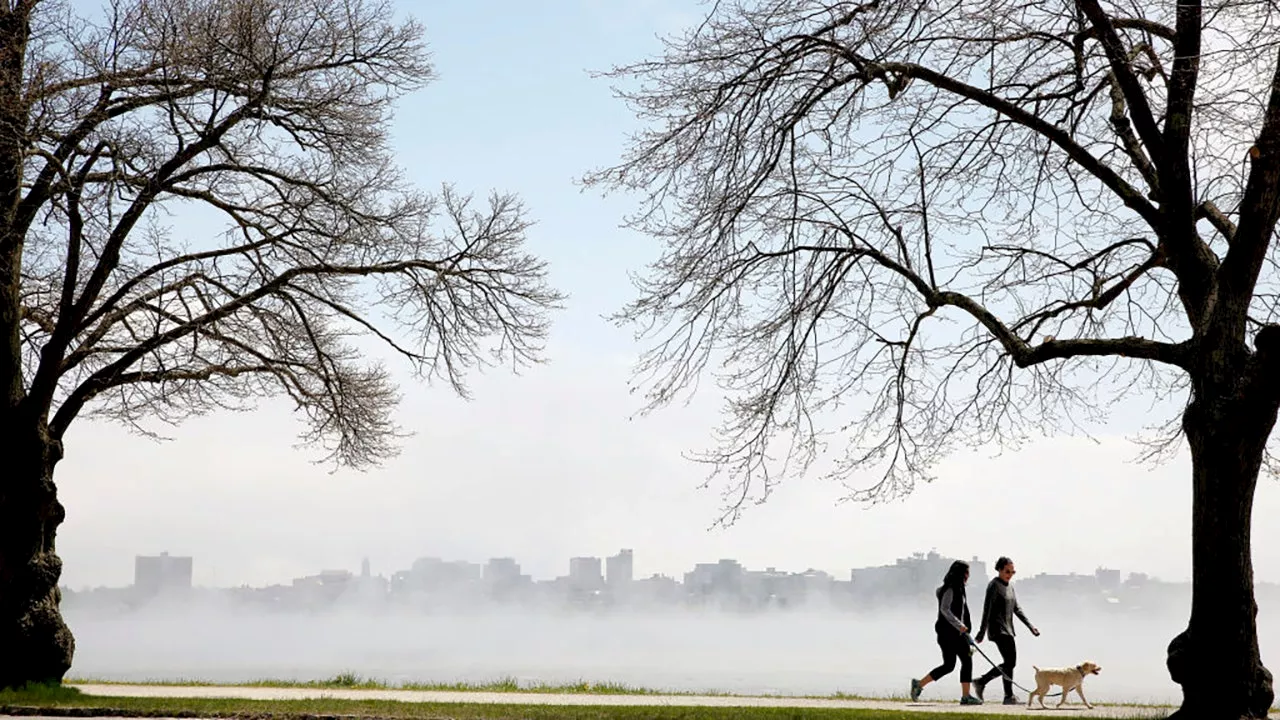 America's 20 most 'livable' cities in 2024, according to studyFor Americans in search of the 'perfect place' to live, they may want to look toward the Midwest, according to research by RentCafe.
America's 20 most 'livable' cities in 2024, according to studyFor Americans in search of the 'perfect place' to live, they may want to look toward the Midwest, according to research by RentCafe.
Read more »
